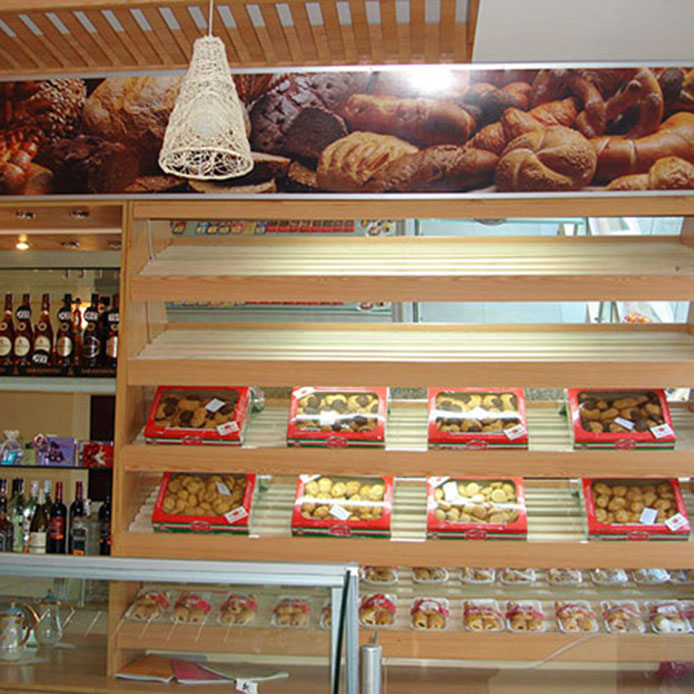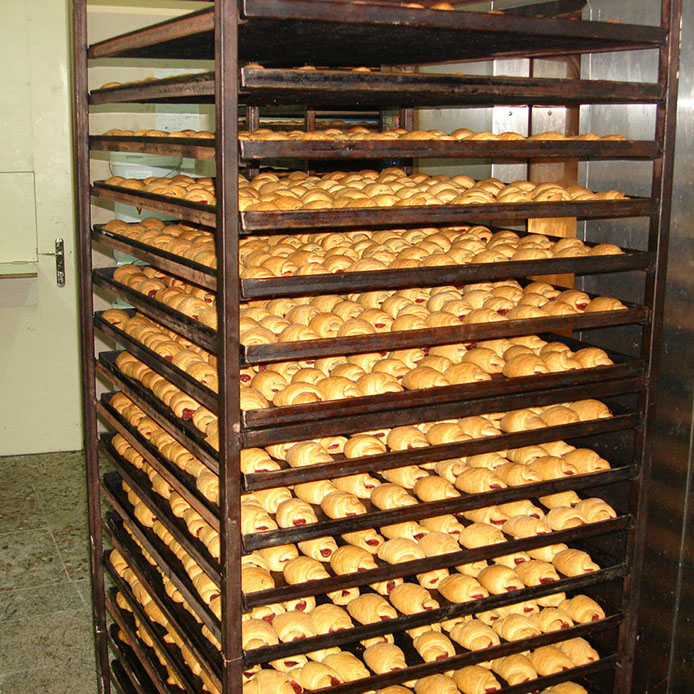
Confectionery Cafe "Capricio"
Confectionery Cafe "Capricci"
Cafe Confectionery "Capriccio" was founded in 2010. He soon managed to establish a place on the Georgian market and merit the credibility and approval of the customer, which contributed to the group of specialists, part of which was separated from the "lake country" and founded a confectionary café "Capricchio". Confectionery café "Capricci" is oriented on different types of powdered dumplings - such as phenomenon dough, croissants, nutrients with various enclosures, fruit biscuits, cakes with different types of soups and designs.
The specialist team had to carry out the following works:
- The selection and calculation of modern technological equipment for the phenomenon of dyeing in the technical part of the existing conditions in Georgia for further effective use.
- Selection of phenomenon dosage assemblies in technological component, which is comparable to the existing assortment of competitive Georgian market.
Finding and developing innovative modern technologies in accordance with selected assortment and technological equipment.
Finding and processing the relevant standard document according to the chosen range, and practically implementing the process, strictly observing the technological process parameters. This will ultimately ensure the production of high quality products and unsafe food for the human being.









